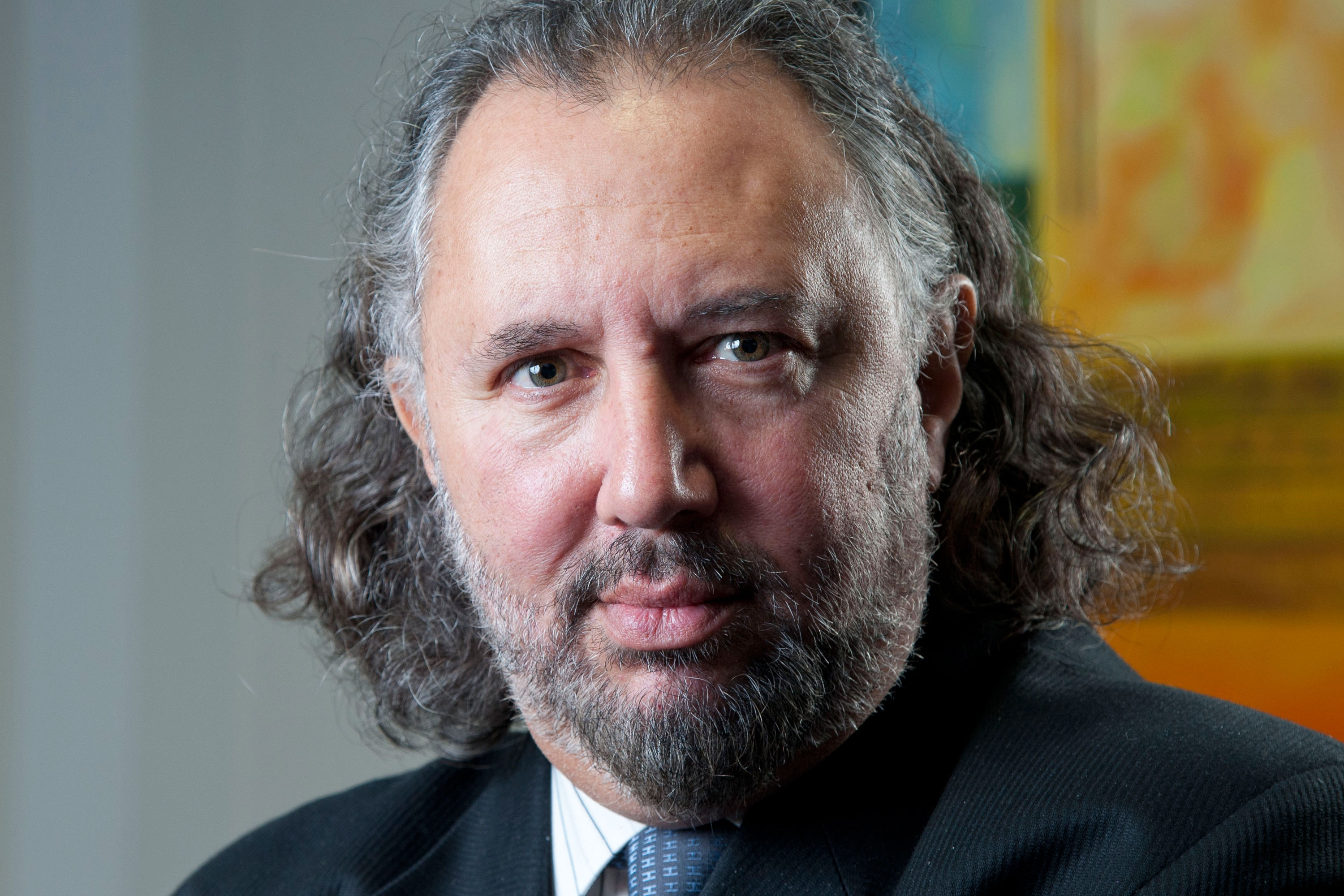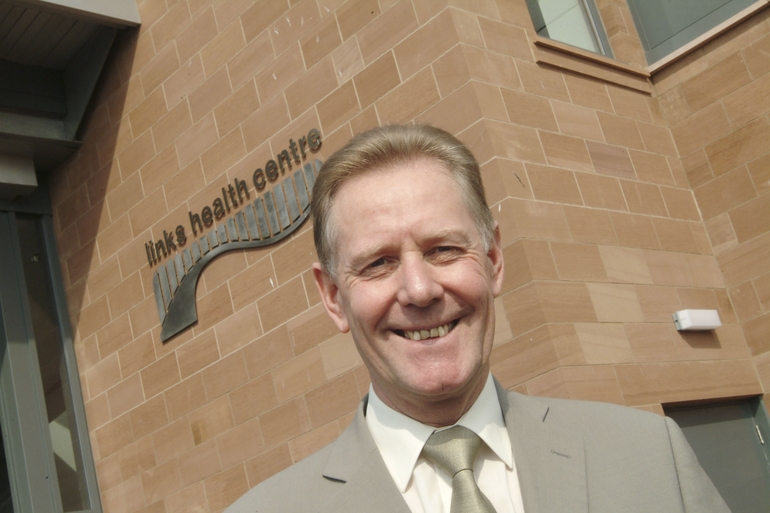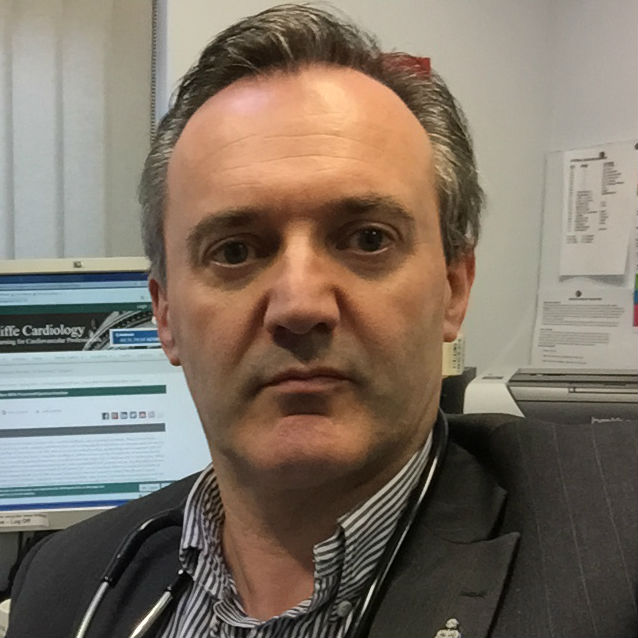Should GPs up the aspirin dose in heavier patients?


Dr Ivan Benett: Stick to the current recommended dose
It is too difficult to draw conclusions from this post-hoc analysis with much heterogeneity. Aspirin for primary prevention is, in any case, hardly ever advocated and not by any of the accepted guidelines.
The message must not be lost that aspirin is very valuable for secondary prevention.
However, this study does raise the question as to whether there should be a prospective trial of primary prevention with aspirin doses titrated against weight. Indeed it may also raise the question about aspirin doses in secondary prevention.
At the moment I would strongly suggest that doctors and patients adhere to the current NICE guidelines which support the use of low-dose aspirin for secondary prevention, but do not support its use in primary prevention. This advice may be reviewed in the future.
With regard to doubling the dose, it is simply not possible to go this far on the evidence presented. It is a sensible hypothesis, but that’s all, and this hypothesis needs to be tested before any change to current guidelines or practice. I would not go this far.
Dr Ivan Benett is a GPSI in cardiology in Manchester
Dr Christine A’Court: It is interesting but we should wait for validation

A really important and interesting study with the potential to change practice. It’s pointing towards use of a higher dose, or perhaps twice daily dosing in patients weighing >70kg, and reduction, splitting or perhaps even cessation of dosing in patients weighing <50kg.
However there are some complex interactions and mechanisms at play. The authors do not state that their findings can now be translated into specific guidance but seem to advise waiting for validation and extension of their analysis. So GPs will somehow have to manage patient expectations in the light of this.
Dr Christine A’Court is a GP with extended role in cardiology west Oxfordshire

Dr Alan Begg: We need further evidence of the risk-benefit ratio at higher doses
The dose of aspirin to use in CVD prevention has long been controversial.
All guidelines in the UK are united that for secondary prevention, the recommend dose is 75 mg – since the original Antiplatelet Trialists Collaboration paper in the BMJ.
Some international guidelines have stated 75-150 mg as the dose – based on trials that used a 100mg dose – but 75 mg is the low-dose tablet available in the UK. Cardiac surgeons have also long advocated a 300 mg dose after coronary artery bypass graft surgery, but this has not been widely accepted.
The argument for the current guidelines was that in vitro platelet inhibition was effective enough at the low dose, but some would question the evidence – and now this paper does suggest that for heavier patients in particular, it may not be effective.
In my view GPs should, however, continue with the low 75mg daily dose as per general guidelines until we have enough further evidence of the risk-benefit ratio at higher doses.
Dr Alan Begg is a GPSI in diabetes in Scotland and chair of the Stable Angina Guideline Development Group

Dr John Ashcroft: I may use higher doses after upcoming aspirin trial results
It’s certainly thought provoking, and very important given how common vascular disease is and how many patients are on 75mg aspirin daily, a near universal dose in the UK. This is especially so as many of the trials of aspirin were done years ago and our patients are generally much heavier today than in the past, indeed it’s rare to find a patient with vascular disease under 70kg.
But they are also older and aspirin not infrequently causes problems. I will not be rushing to increase the dose to 300mg in elderly patients who are not on a proton-pump inhibitor (PPI), and do I want to start patients on aspirin 300mg and a PPI when they are otherwise well, and already on lots of tablets? And there are risks of overusing PPIs.
I often use clopidogrel. It was shown to be somewhat more effective than aspirin in the CAPRI trial (event rate 5.32% on clopidogrel vs 5.83% on aspirin), and had lower gastrointestinal bleeding rate (1.99% vs 2.66%), and that trial did use 325mg of aspirin.
I may use a higher dose of aspirin in some patients. But I will probably not do much until the end of August. It’s just been announced that two very large studies on aspirin will be presented at the European Society of Cardiology annual conference, both using low-dose 100 mg aspirin. If the authors of this study are correct then we would expect these trials to be negative.
Dr John Ashcroft is a GPSI in cardiology in Derbyshire
Pulse July survey
Take our July 2025 survey to potentially win £1.000 worth of tokens

Visit Pulse Reference for details on 140 symptoms, including easily searchable symptoms and categories, offering you a free platform to check symptoms and receive potential diagnoses during consultations.












